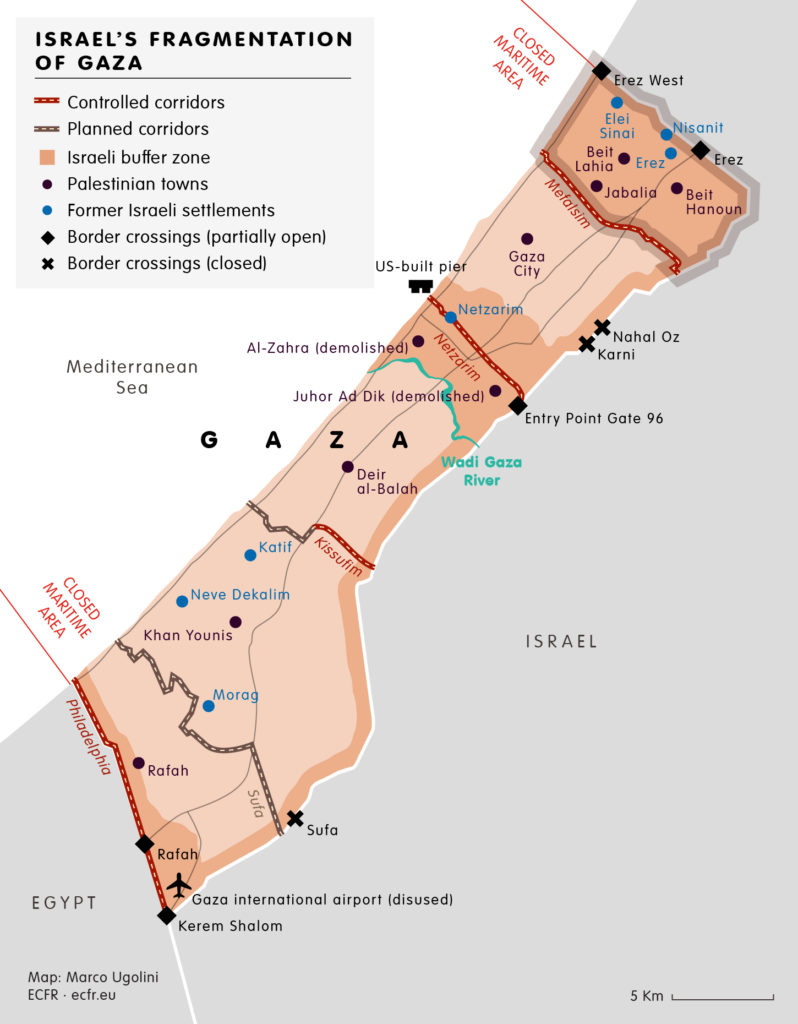On 19 April, Armenia and Azerbaijan agreed to delimit eight miles of their common border in the north-eastern Armenian region of Tavush. The move was widely welcomed by the international community as an encouraging sign that the bilateral dialogue could bring results, and Armenian prime minister Nikol Pashinyan defended the demarcation as an important “milestone” on the road to peace with Azerbaijan.
But, as part of the agreement, Armenia retroceded four abandoned villages that were part of Soviet Azerbaijan but had been under Armenian control since the early 1990s. The loss of territory to Azerbaijan triggered protests in neighbouring villages and sparked the “Tavush for the Motherland” movement, culminating in a demonstration of several thousand people in Yerevan on 9 May. The movement has since escalated and protesters are now demanding Pashinyan’s resignation, taking to the streets, and blocking several major roads. What started as a promising diplomatic step may end up significantly weakening Pashinyan’s government.
Indeed, one of the protest leaders and the head of the Tavush diocese of the Armenian church, Archbishop Bagrat Galstanian, announced on 26 May that he is willing to suspend his ecclesiastic career to become a candidate for prime minister. Together with the main opposition parties, Galstanian is unlikely to garner the necessary support of half of all members of parliament to impeach Pashinyan, who retains a comfortable majority. However, even if Pashinyan does hold onto his premiership, his position may be significantly weakened.
How Europeans should respond
Due to Armenia’s relative weakness against Azerbaijan, Pashinyan has had to accept compromises unpopular with the Armenian public. Until Yerevan’s negotiating position with Baku is strengthened, destabilising protests could escalate and perhaps violently so. This would undermine Pashinyan’s ability to implement his domestic reform agenda and to continue peace treaty negotiations with Azerbaijan, which will touch upon even more difficult issues.
To strengthen his position and allow him to pursue reforms and negotiations, the European Union should send clear signals of support for Pashinyan’s government. The recent €270 million plan for Armenian business and industry is a step in this direction, but Hungary has scuppered the EU’s efforts to use the European Peace Facility to provide non-lethal assistance to the Armenian military. European policymakers need to work towards overcoming their divisions on how to deal with Azerbaijan, an important trade and energy partner for several member states, and a key player of “middle corridor” initiatives. In doing so, the EU should not shy away from using the leverage it has over Azerbaijan, including with the preparation of the upcoming United Nations Climate Change Conference in Baku, to try to establish a more balanced negotiation equation that would not let Armenia face its much more powerful neighbour alone.
Pashinyan’s (un)popularity
After two lost wars in 2020 and 2023, the public’s trust in Pashinyan has dropped. His options are rather limited in dealing with Azerbaijan, and his opponents, while criticising his “unilateral concessions” do not propose any alternative strategy. But the lack of a clear strategy on his side, along with Azerbaijan’s continuing aggressive rhetoric, rising tensions with Russia, and the absence of clear signals of Western support may further undermine his popularity and, with it, Armenia’s fragile democracy.
The European Council on Foreign Relations does not take collective positions. ECFR publications only represent the views of their individual authors.
Source link











